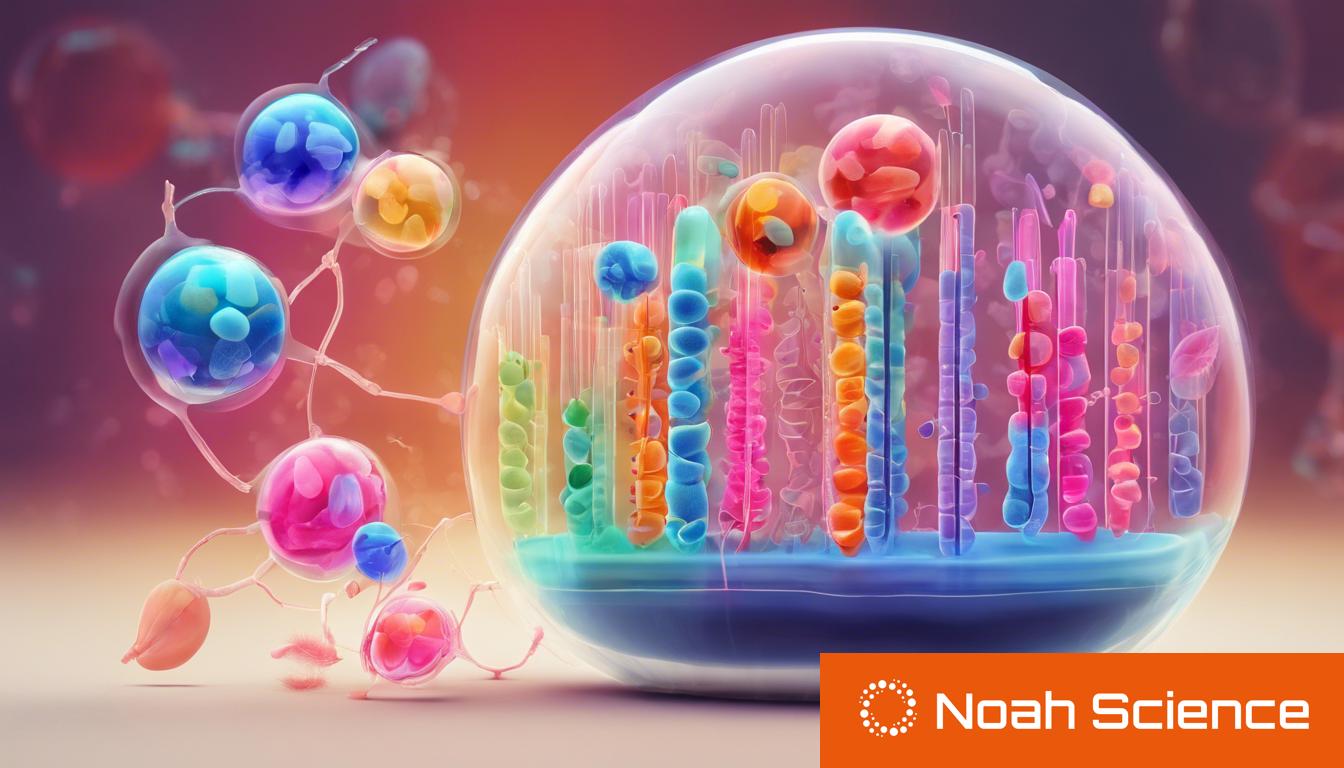Scientists at UCL and Great Ormond Street Hospital have developed ‘mini organs’ from human stem cells, marking a significant advancement in the study and treatment of congenital conditions before birth.
In a pioneering study conducted by scientists at UCL (University College London) and Great Ormond Street Hospital, “mini organs” have been developed from human stem cells collected during late pregnancy. This advancement, published in Nature Medicine, heralds significant progress in prenatal medicine, allowing for the first time, in-depth observation of human development in late pregnancy stages. These organoids enable researchers to study the function of organs and the progression of diseases, potentially revolutionizing the monitoring and treatment of congenital conditions before birth.
The organoids, also referred to as complex cell models, were created using stem cells extracted from amniotic fluid – the protective liquid that encases an unborn child in the womb. This method facilitates the study of organ tissues such as the lungs, kidneys, and intestines without directly impacting the foetus, thus offering a novel means to understand both healthy and diseased states of prenatal development.
Dr. Mattia Gerli, the first author of the study and a researcher at UCL Surgery and Interventional Science, and Professor Paolo de Coppi of UCL Great Ormond Street Institute of Child Health, have highlighted the potential of these mini organs. They offer not only a new perspective on human development and diseases such as congenital diaphragmatic hernia (CDH) but also a platform for evaluating treatments’ effectiveness at a cellular level prior to birth. This innovative approach could enable more targeted interventions, improving outcomes for affected babies.
The study was supported by the National Institute for Health and Care Research (NIHR) and Wellcome, signalling confidence in the method’s potential for broader application in prenatal diagnostics and personalized treatment strategies. The creation and evaluation of organoids from babies with and without CDH have shown differences in development, paving the way for further research into conditions affecting various organs. This breakthrough represents a major leap forward in understanding human development and advancing prenatal medicine, with the promise of fostering better prognoses and treatments for congenital conditions.
